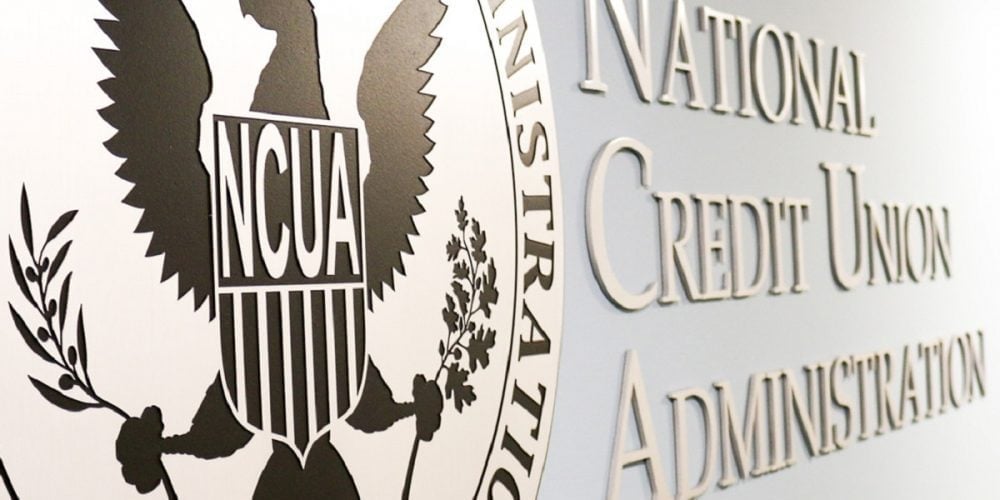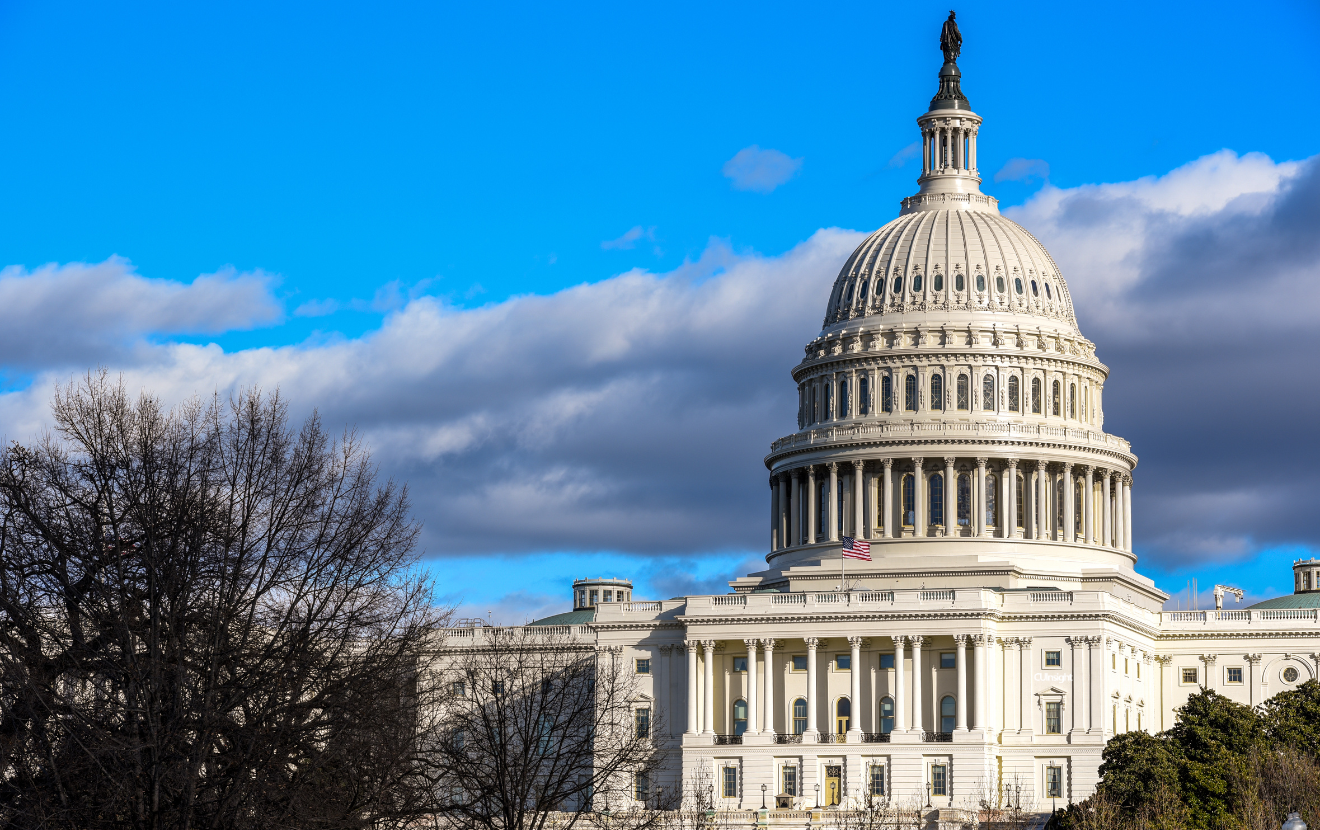In a surprising move, the White House has removed Todd M. Harper and Tanya Otsuka from the National Credit Union Administration (NCUA) Board, leaving Chairman Kyle Hauptman as the sole remaining member. The decision has sparked strong reactions across the credit union industry and raised concerns about the future independence of the agency.
Harper, originally appointed by President Donald J. Trump in 2019 and later named Chairman by President Joe Biden, issued a sharply worded public statement calling the decision “just plain wrong.”
“The decision of the White House to fire me before the completion of my term is wrong,” Harper said. “It violates the bipartisan statutory framework adopted by Congress to protect credit union members and their deposits.”
Harper went on to express concern that the move undermines the regulatory independence of the NCUA and could shake public trust in the nation's financial services oversight. “This ill-conceived and politically motivated decision to fire me before the end of my term upsets that important regulatory balance and will harm consumers. Today is a sad day for our country and the credit union system.”
Harper had been serving a full term set to run through April 2027 following a bipartisan Senate confirmation in 2022.
America’s Credit Unions also weighed in following the news. “While today’s news brings a bit of uncertainty to the NCUA, credit unions can rest assured that America’s Credit Unions will continue to engage the Trump Administration and Members of Congress on the unique structure and needs of credit unions,” said President/CEO Jim Nussle.
The Defense Credit Union Council, DCUC, issued the following statement following the announcement.
“DCUC appreciates the collaboration and support it has received from the Honorable Todd Harper and the Honorable Tanya Otsuka, as well as from the NCUA, during their service,” said Anthony Hernandez, DCUC President/CEO. “We thank Board Members Harper and Otsuka for their leadership in addressing issues important to credit unions serving military and veteran communities—including efforts related to APO/FPO access and charitable donation accounts. DCUC looks forward to working with the NCUA and the Administration, especially in protecting the NCUA's independence and the safety of the NCUSIF.”
DCUC Chief Advocacy Officer Jason Stverak added, “We look forward to continuing to work with the NCUA on issues important to the future of the credit union industry. DCUC remains firmly committed to a strong and independent NCUA to ensure the unique status of credit unions isn’t lost for their 140 million members across the nation."
The removal leaves the NCUA Board without a quorum, rendering it unable to take new regulatory actions. However, the agency can continue its core supervisory and examination duties under the Federal Credit Union Act. The NCUA, established in 1970, plays a critical role in protecting member deposits and ensuring that credit unions remain safe, sound, and accessible to all Americans, especially those of modest means. As of now, the industry watches and waits for clarity on the path forward.







